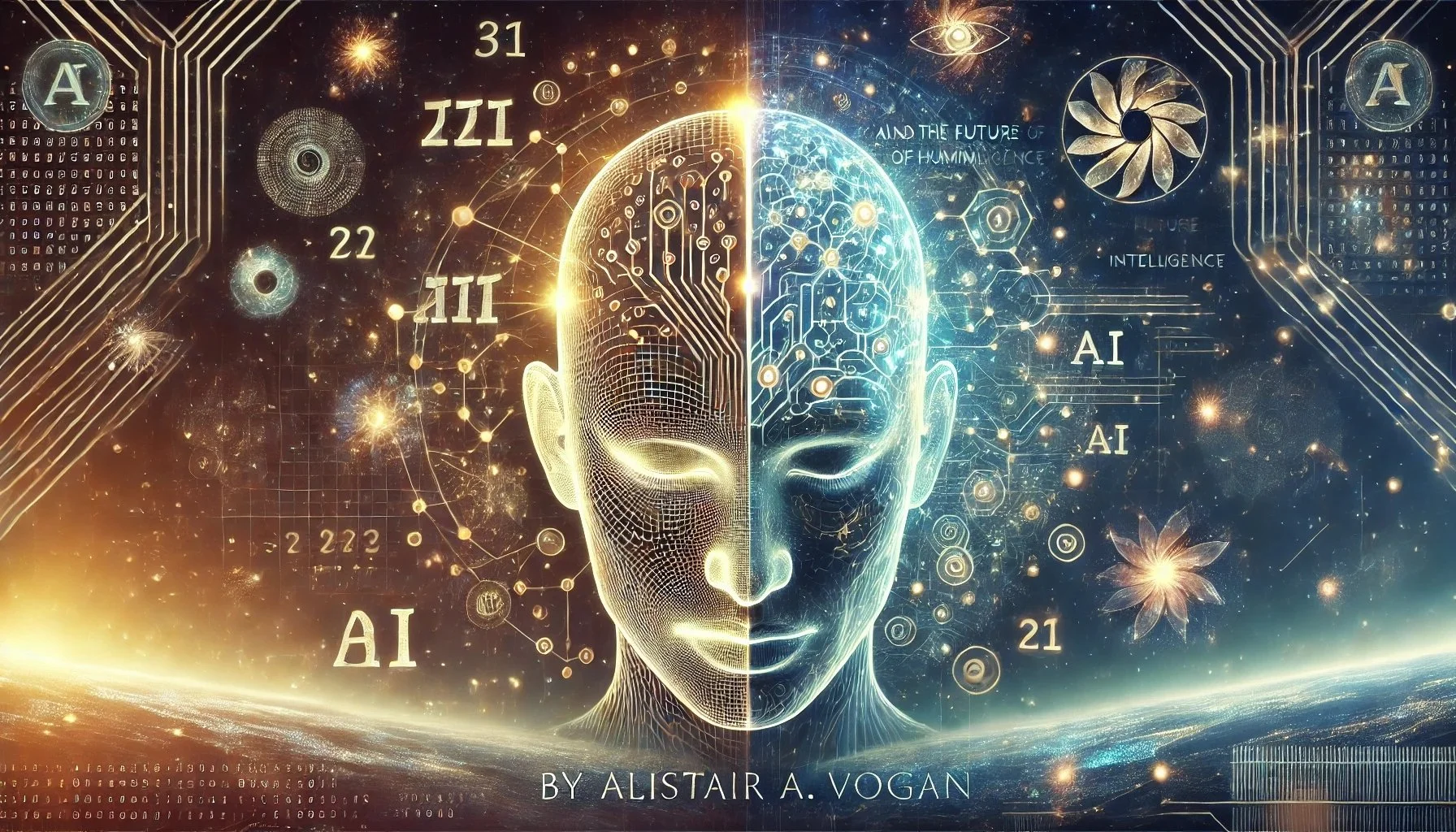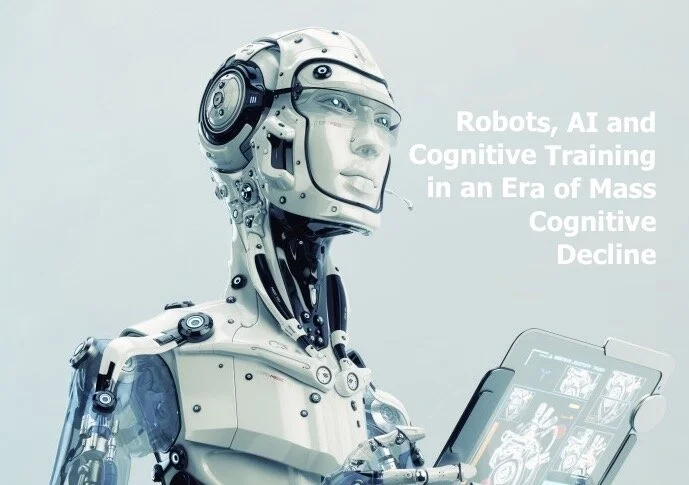If you’ve ever woken up on a hot summer morning and had the dubious pleasure of discovering a single conga line of ants parading across your kitchen floor, you’ll know it isn’t the kind of parade that invites applause. They march with conviction, single-minded and single-file, in a line so straight and efficient it would make a German engineer weep.
Read MoreI am not, technically speaking, a professional scientist. Nor am I, according to the credentialed gatekeepers of academia, a doctor. I also don’t possess a postdoctoral degree. I do not have an exhaustive string of peer-reviewed publications trailing behind my name like a parade float of comfortable scholarly approval.
Read MoreThe closing of Honest Ed’s felt like the end of an era for many. Located in Toronto, Canada, on the corner of Bloor and Bathurst Street, Honest Ed’s was, in many ways, like any emporium you might have encountered in any large city in North America. Staff yelling across the floor in languages you often did not understand. Large boxes of paper towels ripped open by a strong-armed and no-nonsense middle-aged Polish or Italian woman. Your questions about “where exactly” you might find the cat food or unwaxed dental floss could receive the seemingly loaded response of just one finger raised impatiently (and accompanied by exasperated sigh), pointing in the direction you’d shortly go—somehow feeling a little like a shambling muttonhead as you approached the multicolored sign listing—unbelievably—unwaxed dental floss and cat food.
Read MoreEver find yourself talking out loud to an attentive audience of one (yourself)? Of course, you have!
And this might be why you are so brilliant...
Let me take you on a journey to the crisp autumn of 2004. A young university student named Sarah sat hunched over a desk in her campus study hall, surrounded by empty coffee cups and unopened textbooks.
Read MoreIf intelligence is humanity’s defining trait, then our relationship with those tools that shape thinking—cognitive artifacts—is among the most consequential forces in history. From the earliest tally marks on bones to modern artificial intelligence, humans have built external supports for cognition that both extend and transform our mental capacities. But do these artifacts make us smarter or, paradoxically, lead to cognitive decline.
Read MoreNever at any point in human history has the prevalence of age-related cognitive decline been so great. Since the second world war, the population of Western Europe and eastern Asia has grown and grown older.
Read MoreRobots, AI and Cognitive attaining in an Era of Mass Cognitive Decline has been accepted!
Read MoreIn recent decades, the world has witnessed measures of poverty drop while, on average, those of education, income, quality of life, and life expectation have risen significantly. Indeed, on many measures there is reason for optimism. However, a quick study of the demographics indicates a rapidly aging global population
Read MoreWhen I first discovered Fran Lebowitz in 1994 a part of me changed.
Read MoreYou can see it if you look closely.
Read More







